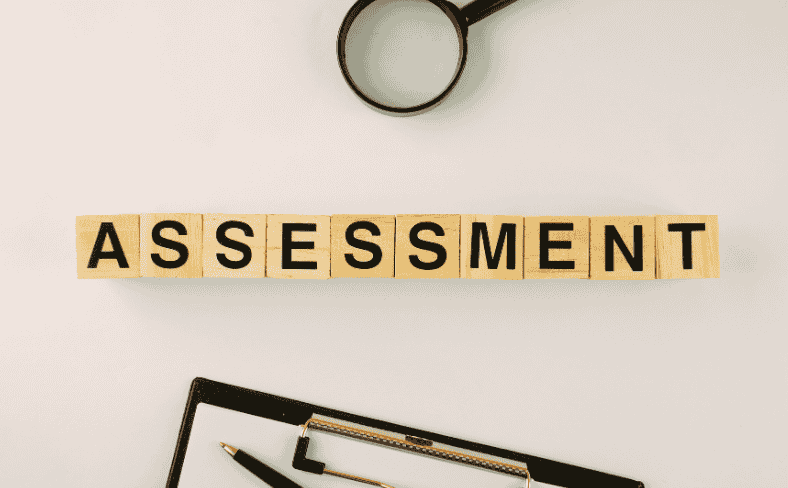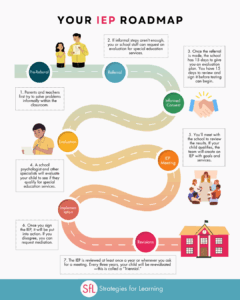No products in the cart.

There are many reasons to consider an assessment for your child. The type of assessment depends on several factors: your family’s goals, your child’s needs, age, and the resources available.
Why Consider an Assessment?
An assessment helps you understand your child’s strengths, challenges, and how they process information. It provides key insights for teachers, educational specialists, or learning specialists to create a personalized plan. This plan can support your child’s growth. Depending on the test, it may also recommend school accommodations and services to help your child thrive.
Your child’s teacher might suggest an evaluation, or you can seek one if you have concerns. Here are some signs that might indicate an evaluation would be useful:
- Frequent mistakes or guessing while reading
- Difficulty understanding new concepts and skills
- Falling behind academically compared to peers
- A noticeable gap between your child’s potential and actual performance
- School refusal or loss of interest in learning
- Struggles with time management, organization, or planning
- Trouble staying focused or being easily distracted
- High stress or anxiety related to schoolwork
- Daily battles over homework or needing constant parental help
Types of Assessments
There are several types of assessments that offer insight into your child’s needs and help guide effective interventions.
Comprehensive Evaluations
- Neuropsychological Assessment: This in-depth evaluation identifies your child’s learning strengths and weaknesses. It assesses intellectual development, cognitive abilities, reasoning, language skills, information processing, memory, and expression. Only a neuropsychologist or clinical psychologist can conduct this assessment. The cost typically ranges from $3,000 to $7,000.
- Psychoeducational Assessment: This comprehensive evaluation looks at the mental processes that affect your child’s academic, social, and personal development. It’s useful for identifying neurodevelopmental conditions, psychological, or behavioral disorders. Conducted by a qualified professional, this type of evaluation is usually less expensive than a neuropsychological assessment but still represents a significant investment.
Domain-Specific Evaluations
Trained educators can also administer domain-specific assessments. These focus on areas like reading, math, writing, or executive functioning. While they don’t offer a formal diagnosis for learning disabilities, they provide valuable insights into specific challenges and can highlight areas that need further exploration.
These assessments are ideal for families who want to understand a specific concern without pursuing a full psychoeducational or neuropsychological evaluation. Educational therapists and similar professionals often use domain-specific assessments to identify a student’s strengths and weaknesses, guiding their teaching approach to meet the student’s needs.
At Strategies for Learning, we help families determine which type of assessment is most appropriate for their child. If your child has already completed an evaluation, we can assist in understanding the results and provide guidance. Contact us to learn more.







No comment yet, add your voice below!